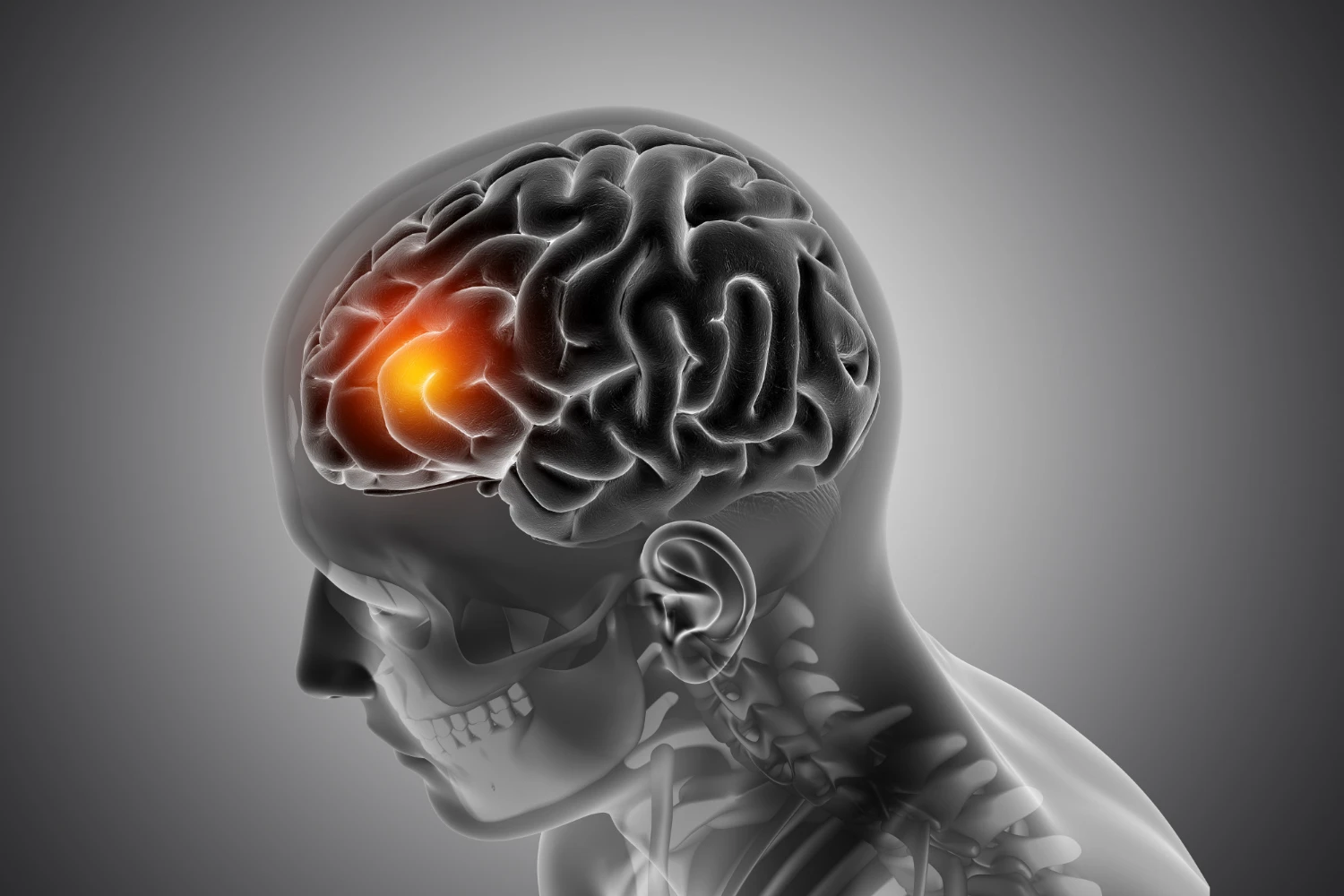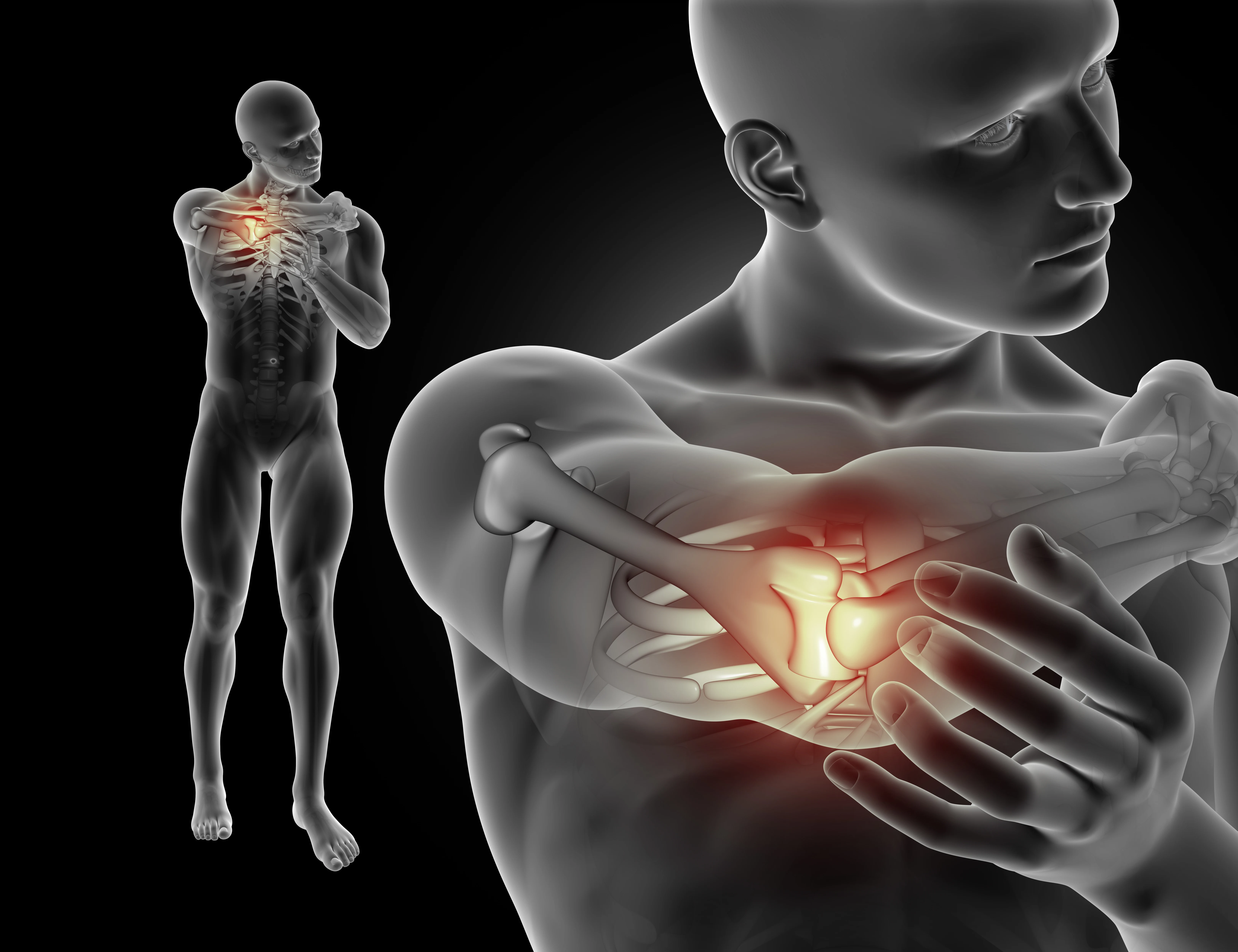Gallbladder Stone Removal: Surgery vs. Non-Surgical Treatment Options
Category: Blogs
The gallbladder, a small organ beneath the liver, plays a crucial role in digestion by storing bile. However, gallstones—hardened deposits of digestive fluids—can form and cause pain, nausea, and complications. If you're dealing with gallbladder stones, the big question is: should you opt for surgery or explore non-surgical treatments? Let's break down the options to help you make an informed decision.
Understanding Gallstones
Gallstones vary in size and composition, mainly forming from cholesterol, bile salts, or bilirubin. While some people experience no symptoms, others suffer from severe discomfort, requiring medical intervention.
Surgical Treatment: Cholecystectomy
Surgery is often the most effective and permanent solution for gallbladder stones. There are two main types of cholecystectomy:
1. Laparoscopic Cholecystectomy (Minimally Invasive Surgery)
- The most commonly performed gallbladder removal procedure.
- Small incisions are made, and a camera guides the surgeon.
- Benefits: Faster recovery, minimal pain, and shorter hospital stay.
- Patients can usually return to daily activities within a week.
2. Open Cholecystectomy
- Recommended for complicated cases where laparoscopic surgery isn't viable.
- A larger incision is made in the abdomen.
- Requires a longer hospital stay and recovery period.
Surgery completely removes the gallbladder, eliminating the risk of gallstone recurrence.
Non-Surgical Treatment Options
For those seeking alternatives to surgery, several non-invasive treatments exist, though they are often only suitable for specific cases.
1. Medications (Oral Dissolution Therapy)
- Certain medications, such as ursodeoxycholic acid, can dissolve cholesterol-based gallstones.
- Works best for small stones but requires months or years of treatment.
- Does not prevent new stones from forming.
2. Shock Wave Therapy (Extracorporeal Shock Wave Lithotripsy - ESWL)
- High-energy sound waves break gallstones into smaller fragments.
- Often combined with bile acid medications to help dissolve remnants.
- Best suited for patients with a few small gallstones and a functioning gallbladder.
3. Endoscopic Retrograde Cholangiopancreatography (ERCP)
- Used to remove stones from the bile duct rather than the gallbladder itself.
- Performed with an endoscope inserted through the mouth into the digestive tract.
- Typically used in cases where stones cause bile duct blockage.
4. Dietary and Lifestyle Changes
- Reducing fat intake, maintaining a healthy weight, and staying hydrated can prevent further gallstone formation.
- However, lifestyle changes alone do not remove existing stones.
Surgery vs. Non-Surgical Treatments: Which One is Right for You?
Choosing the right treatment depends on factors such as stone size, symptoms, overall health, and risk of complications. Here’s a quick comparison:
Criteria | Surgery (Cholecystectomy) | Non-Surgical Treatments |
| Effectiveness | Permanent solution | Temporary or partial relief |
| Recovery Time | 1-2 weeks | Varies (months or years for medication) |
| Suitability | Recommended for symptomatic and recurrent cases | Suitable for small, non-symptomatic stones |
| Risk of Recurrence | No recurrence (gallbladder removed) | High risk of new stones forming |
If gallstones are causing severe pain, recurrent attacks, or complications like gallbladder inflammation or bile duct blockage, surgery is usually recommended. For those with mild symptoms or small stones, non-surgical approaches may be worth considering under a doctor's supervision.
Conclusion
Gallbladder stones can cause significant discomfort and health issues if left untreated. While non-surgical treatments are available, surgery remains the most effective and long-term solution for symptomatic cases. If you're experiencing gallstone-related symptoms, consult with medical experts at Lokmanya Hospitals to explore the best treatment options for your needs.
FAQs
1. Can gallbladder stones go away on their own?
Small gallstones may pass without symptoms, but larger ones usually require medical intervention.
2. Is it safe to live without a gallbladder?
Yes, people can live normally without a gallbladder. Bile flows directly from the liver to the small intestine, though some may experience minor digestive changes.
3. How long does gallbladder removal surgery take?
Laparoscopic cholecystectomy typically takes 1-2 hours, while open surgery may take longer.
4. Can diet alone cure gallstones?
Dietary changes can prevent new stones but are unlikely to dissolve existing ones.
5. What are the risks of not treating gallstones?
Untreated gallstones can lead to severe complications such as gallbladder inflammation (cholecystitis), bile duct obstruction, or pancreatitis.
6. How long is the recovery period after gallbladder surgery?
Most patients recover from laparoscopic surgery within a week, while open surgery may take 4-6 weeks.
7. Are there alternative therapies like home remedies?
While some people try apple cider vinegar or herbal remedies, there is no scientific proof that these treatments dissolve gallstones.







